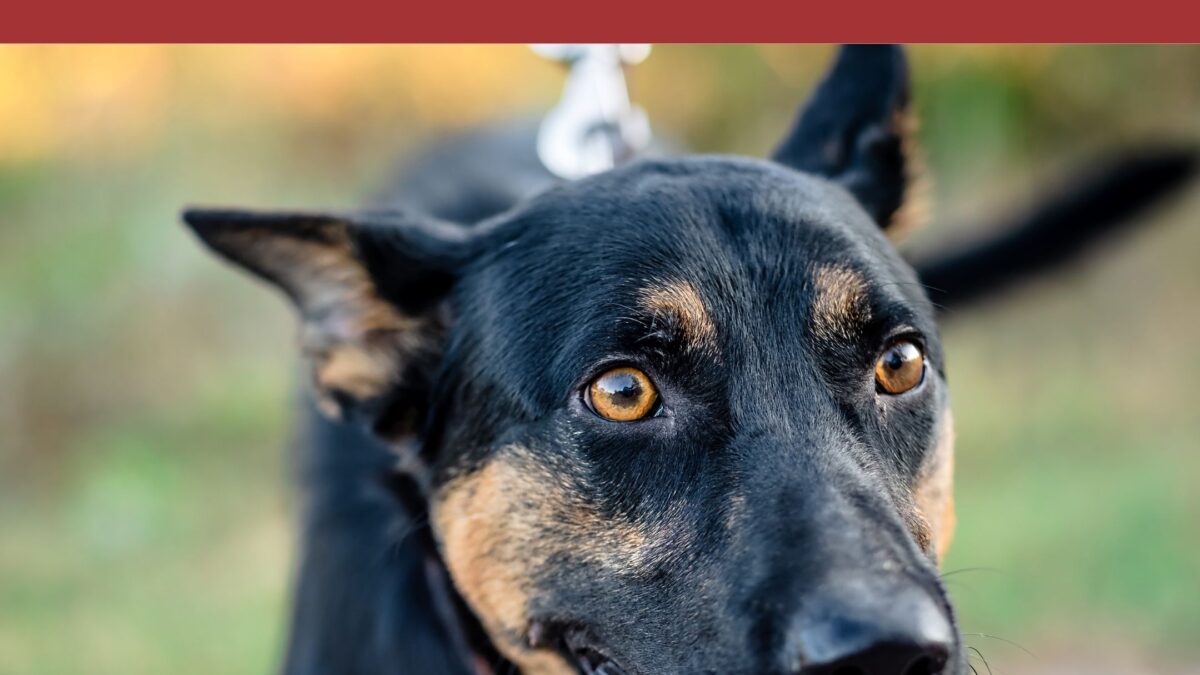How to House Train Your Adult Dog

Sissy’s Story: The Power of Love – Donate Today
February 14, 2022
Common House Training Issues & How to Fix Them
February 14, 2022Brought to you by The Spruce Pets
When it comes to adopting or rescuing a pet there are definite perks to adopting an adult dog versus a puppy. One of these being that there’s a bigger chance of an adult dog coming to you already house trained. Unfortunately, not all adult rescue dogs come already being potty trained. So how do you house train an adult dog? Is it different than training a puppy?
House Training Basics
Current house training techniques for puppies are based on something called operant conditioning. This is a method of training that associates a behavior (going to the bathroom outside) with an effect (getting praise and treats). Thankfully, adult dogs understand operant conditioning just as well as puppies do! So for the most part, house training an adult dog is no different than house training a puppy.
When you are first starting out with training your dog, you want to establish a routine as quickly as possible. Establishing a routine takes out all the variables and makes it easier for your dog to pick up what behavior gets him the reward. Always take your dog out at the same time of day and to the same spot in the yard. Use the same word or phrase, such as ‘go potty’ to pair a verbal cue with the action of going to the bathroom outside. Praise your dog immediately after they go to the bathroom outside. Don’t wait until after he comes inside to praise him. By doing this you run the risk of actually training your dog to ask to go out to come right back in. Finally, feed your dog on a set schedule. If he doesn’t finish his meal after 30 minutes, pick it up off the floor. This will prevent him from eating food at non-routine times and, thus, needing to go to the bathroom at non-routine times. Similarly, pick up his water bowl before bed to help minimize middle-of-the-night bathroom breaks.
Supervision Is Key
So now that you know how to reinforce the behavior of your dog going to the bathroom outside, how do you diminish the behavior of him going to the bathroom inside? Well, as inconvenient as it may be for our hectic lives, supervision is the best way to teach your dog that inside is not the place to potty. Keep him on a six-foot leash attached to you or put a baby gate up to keep him in the same room as you. This allows you to watch your dog for signs that he may need to go outside, such as sniffing around or circling.
Never Punish Your Dog
If you happen to catch your dog in the act of eliminating, immediately take him outside to let him finish. Praise him if he does finish going to the bathroom outside. Never punish your dog for having accidents in the house. Animals just don’t grasp punishment after the fact like people can. Even if the punishment comes only seconds after the undesired behavior. If you punish your dog for having an accident inside, you run the risk of making your dog fearful of you or fearful of going to the bathroom in front of you. Instead, simply clean up your dog’s accident and continue to supervise and reward him for going potty outside. Remember: Dogs love to please their owners, so rewarding your dog for the behavior you want is enough for them to figure out the correct behaviors they should be exhibiting.
Other Reasons for House Soiling
Adult dogs, especially intact ones, may also urine mark in the home. This is behavioral in nature but is unrelated to house training. Neutering can sometimes resolve this, but if your dog has been urine marking for a long time, it may be such a learned behavior that it may be difficult for him to stop. If your dog suffers from separation anxiety they may also have accidents in the home as a result of their anxiety. This is also behavioral in nature but also unrelated to house training. Although we’ve already established that punishment has no place in house training, you do not want to punish your dog for having an accident as a result of their separation anxiety. This would only serve to make your already fearful dog even more fearful.
Of course, there are medical reasons for house soiling. One main difference between house training an adult dog and house training a puppy is that there are more medical reasons an adult dog may have an accident indoors than a puppy. A simple urinary tract infection can cause an uptick in your dog’s accidents, but there are other diseases that can also cause this. If your dog is diabetic or suffers from Cushing’s disease, they may have increased thirst and, thus, increased urination. Medications such as prednisone can also cause increased thirst and urination. If your dog feels the urge to go to the bathroom more frequently but isn’t able to go outside to his bathroom spot more frequently, you may start to see accidents in the home.
House training any dog can seem difficult, but if you stick with it the outcome can be rewarding for both dog and owner.

